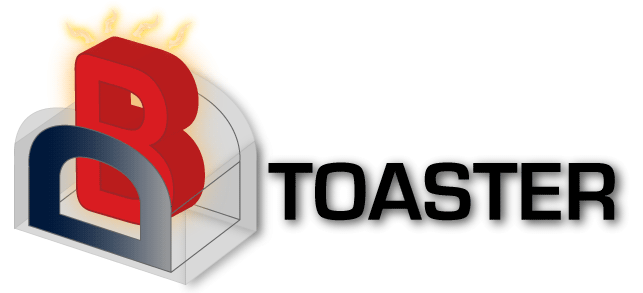DBToaster StdLib Reference
DBToaster includes a standard library of functions that may used in SQL queries. Functions are called using a C-like syntax:
SELECT listmin(A, B) FROM R;
See DBToaster SQL Reference for information about calling functions.
1. listmin, listmax
Compute the minimum or maximum of a fixed-size list of values.listmin (val1, val2, [val3, [val4, [...]]])
listmax (val1, val2, [val3, [val4, [...]]])
Inputs
- val1, val2, ...: any
- An arbitrary number of value expressions. All values in the list must be of the same type, or escalateable to the same type (e.g., Int -> Float), and must be comparable.
Output
Returns the minimum or maximum element of val1, val2, .... The return type is the type of all of the elements of the list.Notes
This library function is supported on the Interpreter, C++, and Scala runtimes.2. date_part
Extract the parts of a date. Identical to EXTRACT(datepart FROM date).date_part ('year', date)
date_part ('month', date)
date_part ('day', date)
Inputs
- datepart: string literal
- One of the string literals 'year', 'month', or 'day'. Dictates which part of the date to extract. datepart is case-insensitive.
- date: date
- The day to extract a component of.
Output
Returns the requested year, month, or date part of a date, as an integer.Notes
This library function is supported on the Interpreter and C++ runtimes.3. regexp_match
Perform regular expression matching.regexp_match (pattern, string)
Inputs
- pattern: string
- A regular expression pattern (see Notes below).
- string: string
- The string to match against.
Output
Returns the integer 1 if the match succeeds, and the integer 0 otherwise.Notes
This library function is supported on the Interpreter and C++ runtimes.
Note: Regular expressions are compiled and evaluated using each target runtime's native regular expression library. The Interpreter uses Ocaml's built in Str module. The C++ code generator uses regex(3).
4. substring
Extract a substring.substring (string, start, len)
Inputs
- string: string
- The string to extract a substring from.
- start: int
- The first character of string to return. 0 is the first character of the string.
- len: int
- The length of the substring to return.
Output
Returns the substring of string of length len, starting at index start.Notes
This library function is supported on the Interpreter and C++ runtimes.
5. cast_int,cast_float,cast_string,cast_date
Typecasting operations.cast_int(val)
cast_float(val)
cast_string(val)
cast_date(val)
Inputs
- val: any
- The value to cast. The value's type must be one that is castable to the target type.
Output
Returns the cast value of val as follows. If val is already of the target type, it is passed through unchanged.| From | To | Notes |
|---|---|---|
| int | float | The floating point representation of the input. |
| int | string | The string representation of the input, as determined by the runtime's standard stringification functionality. |
| float | int | The integer representation of the input. Non-integer values will be truncated. |
| float | string | The string representation of the input, as determined by the runtime's standard stringification functionality. |
| date | string | The string representation of the input, in the SQL-standard YYYY-MM-DD date format. |
| string | int | The input parsed as an integer, using the runtime's standard integer parsing functionality. (Ocaml: int_of_string, C++: atoi(3)) |
| string | float | The input parsed as a float, using the runtime's standard integer parsing functionality. (Ocaml: float_of_string, C++: atof(3)) |
| string | date | The input parsed as a date. The input string must be in SQL-standard YYYY-MM-DD date format, or a runtime error will be generated. |
Notes
This library function is supported on the Interpreter and C++ runtimes.
